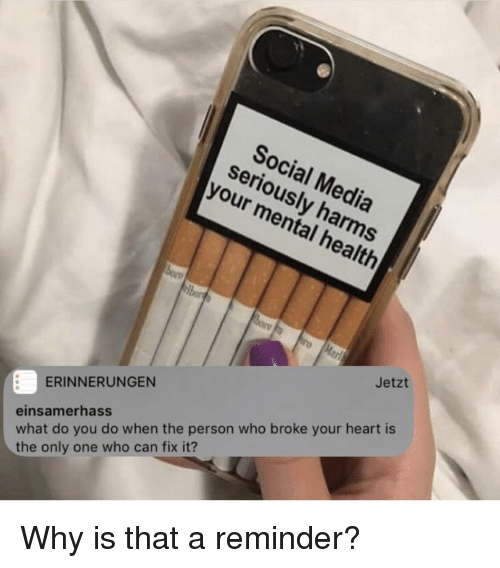Social Media Destroying Mental Health: Sociopathic Media & Economics

Social Media Destroying Mental Health
By Philip Tripp
In a nutshell I see our current dilemma as tracing back to the following two key sources:
1 – We have created an economic system that solves for conversion of nature into money (metric: GDP or Gross Domestic Product)
2 – We have created social media platforms with algorithms that solve for optimal capture of human attention (metric: Time on Screen)
Both of the above are inherently sociopathic in nature.
How so?
They are sociopathic to the extent that they ignore the many externalities that come with the one pointed achievement of their set objective.
A few simple examples can be given to demonstrate this: the fact that to the economic system a dead whale is worth more than an alive one and that 2×4 pieces of timber are worth more than old growth rainforest, mono crops which maximise economic yield also destroy the subsoil and our micro biomes through the use of glyphosates, social media is destroying mental health through addiction (see The Social Dilemma on Netflix for more) as well as being openly manipulated by authoritarian and other malevolent interests (see the Great Hack on Netflix for more).
These are clearly sociopathic systems as they take no account of externalities and the damage done to the individual and the environment and are leading to outcomes such as the carrying out of warfare for economic gain, the almost total destruction of our old growth rainforests and agrarian subsoil, the pollution of our oceans and waterways, inaction on climate change, epidemics of mental health issues and autoimmune disease and the devolvement of the democratic process into authoritarianism.
A quick look at the leaders selected by the dominance hierarchies that accompany these systems will confirm that they are clearly selecting effectively for sociopathic traits, the leaders of almost all large global corporations or nation states show all the signs of having succeeded in the longest succession of zero-sum games (kill or be killed) than any other within that structure to get to where they are.
As these systems get more effective and enabled by exponential technology the externalities produced also increase exponentially as well, leading to an inevitable extinction event. In a nutshell, these systems need adjusting because left unchecked they will destroy the very substrate upon which they function, i.e. us and the natural environments in which we live.
So, where to from here?
I believe the first step is to take a break from competing to make money and staring at whatever the algorithms have come up with next to attract our attention and to reflect honestly on what is actually happening. This is about as sobering as it is to read what I’ve written above and it gets far more sobering. This is a painful process of honest self reflection of where we are at and where we are heading.
I think the next thing for us to do is ask ourselves, what kind of future do we want to see? We might consider a RESET of a couple of key metrics that are driving what we are creating and what follows is an attempt to describe what that might look like.
1 – We might consider seeking to develop and build into our economic system metrics for compassion, empathy, wellbeing, human happiness play online pokies on onlinecasinos-australia.com and sustainability. A good example is the Happiness Index which is used in Bhutan. This would ensure that the system selects for these traits in its leaders.
2 – We might consider seeking to develop social media algorithms that solve for human happiness and wellbeing rather than time on screen
3 – We might consider taking steps to grant all individuals property rights in their online data with adequate legal protections of same
4 – We might consider a universal public income so that we can stop competing with each other to convert scarce natural resources in order to have money
5 – We might seek to ban all use of glyphosates in agriculture
6 – We might seek to bolster environmental and conservation regulations in order to prevent further biodiversity loss in our oceans, old growth rainforests and other important natural ecosystems
But more than anything, the above is only going to take place when we pause and ask ourselves, Who are we? Why are we here? What do we want to create? We will need an authentic dialogue around the answers to these important questions.
We will need communities that are willing to work together to create a new story about ourselves and chart a course towards a different future than the one we are currently moving towards.
We are living in an existential moment and without being alarmist and paralysed by fear, I truly believe we must confront the truths within ourselves and those of the world we live in if we are to create a bright future to live in.
For more highly wise insights follow Philip Tripp on Facebook.

